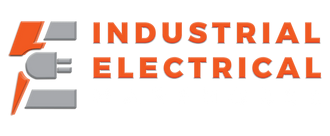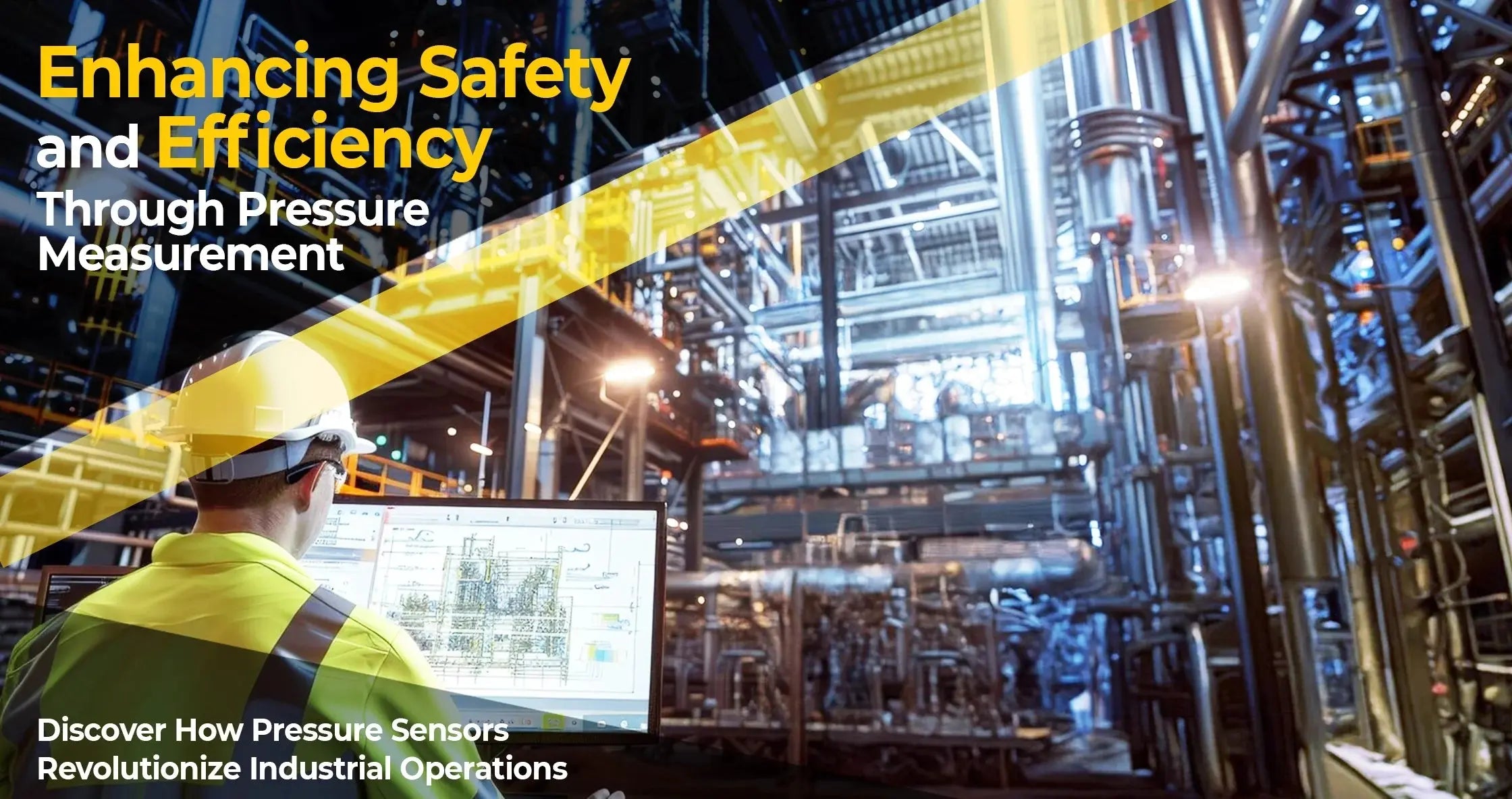Les capteurs de pression jouent un rôle essentiel pour garantir la sécurité et améliorer l'efficacité dans divers secteurs industriels. En mesurant avec précision les niveaux de pression dans les gaz et les liquides, ces capteurs fournissent des données essentielles pour prévenir les accidents, rationaliser la maintenance et optimiser les processus. Cet article explore les diverses applications des capteurs de pression, met en évidence leurs avantages et explique comment ils contribuent à des opérations industrielles plus sûres et plus efficaces.
L'importance de la mesure de la pression dans l'industrie
Comprendre la mesure de la pression
Une mesure précise de la pression est indispensable à de nombreux procédés industriels. Elle fournit des informations essentielles à la sécurité opérationnelle et à l'optimisation des performances. Des données de pression fiables permettent une surveillance et un contrôle efficaces des systèmes, réduisant ainsi les risques liés aux conditions de surpression ou de vide susceptibles d'entraîner des pannes d'équipement. La connaissance des différents types de pression, tels que la pression relative, absolue et différentielle, est essentielle pour sélectionner les capteurs adaptés à des applications spécifiques.
Applications des capteurs de pression
Les capteurs de pression, également appelés appareils de mesure de pression, sont largement utilisés dans des secteurs tels que l'industrie manufacturière, le pétrole et le gaz, la santé et les systèmes CVC. Dans l'industrie manufacturière, ces capteurs surveillent les systèmes hydrauliques, garantissant ainsi des performances optimales des machines. Dans l'industrie pétrolière et gazière, les capteurs de pression surveillent l'état des pipelines pour détecter les fuites et prévenir les incidents dangereux. Les applications médicales incluent les systèmes de surveillance des patients, où la précision des mesures de pression est essentielle. Dans le CVC, les solutions de capteurs optimisent la gestion du flux d'air et l'efficacité énergétique.
Types d'appareils de mesure de pression
Choisir le bon appareil de mesure de pression implique de comprendre les différents types de capteurs conçus à des fins spécifiques :
-
Capteurs de pression manométrique : mesurent la pression par rapport à la pression atmosphérique.
-
Capteurs de pression absolue : mesure de la pression par rapport à un vide parfait.
-
Capteurs de pression différentielle : évaluent les différences de pression entre deux points distincts.
-
Capteurs de pression sous vide : détectent spécifiquement les pressions inférieures aux niveaux atmosphériques.
Ces appareils utilisent des technologies telles que les jauges de contrainte, la détection capacitive et la détection piézorésistive, chacune adaptée à des conditions et des exigences de mesure spécifiques.
Sélection des bonnes solutions de capteurs
Lors du choix d'une solution de capteur de pression, les facteurs clés incluent la plage de pression opérationnelle, les exigences de précision et les conditions environnementales. L'adaptation précise du capteur aux exigences de l'application garantit des mesures fiables, améliorant ainsi l'efficacité opérationnelle et la sécurité.
Avantages des capteurs de pression dans les applications industrielles
Sécurité améliorée
L'un des principaux avantages de l'utilisation de capteurs de pression est l'amélioration de la sécurité. En surveillant en permanence les niveaux de pression, ces capteurs préviennent les situations potentiellement dangereuses, comme la surpression, qui pourrait entraîner des pannes d'équipement catastrophiques. Par exemple, les usines de traitement chimique utilisent des capteurs de pression pour signaler les écarts pouvant indiquer des défaillances des systèmes de confinement.
Efficacité accrue
Au-delà de la sécurité, les capteurs de pression améliorent considérablement l'efficacité opérationnelle. Ils facilitent la maintenance prédictive en fournissant des données de performance en temps réel, permettant des interventions rapides avant que des problèmes mineurs ne se transforment en arrêts de production coûteux. Grâce à une technologie de capteurs avancée, comme le capteur de pression SICK à plage de barres et sortie 4-20 mA PBT-RB250SG1SSNALA0Z 6041438 , les industries peuvent améliorer considérablement leur productivité globale.

Tendances futures de la technologie des capteurs de pression
Progrès technologiques
La technologie de mesure de la pression continue de progresser, notamment grâce à des innovations telles que les capteurs intelligents intégrant des fonctionnalités IoT. Ces capteurs modernes communiquent sans fil avec les plateformes de surveillance, permettant ainsi des diagnostics à distance, une maintenance proactive et une analyse de données optimisée.
Applications émergentes
Les capteurs de pression trouveront un rôle croissant dans les systèmes d'énergie renouvelable et les initiatives de villes intelligentes. Par exemple, ils joueront un rôle essentiel dans la surveillance des pressions au sein des éoliennes et l'optimisation de la gestion énergétique des systèmes de bâtiments intelligents, mettant en avant leur adaptabilité et leur fonction essentielle.
Conclusion
Les capteurs de pression sont des outils indispensables pour améliorer la sécurité et l'efficacité industrielles. En fournissant des mesures de pression précises pour diverses applications, des soins de santé à la fabrication, ces appareils aident les organisations à optimiser leurs processus et à maintenir l'intégrité opérationnelle. L'adoption des avancées technologiques et la compréhension de la diversité et des avantages des solutions de mesure de pression permettent aux industries d'améliorer leurs normes de sécurité, leur productivité et leurs performances globales.
Foire aux questions (FAQ)
Quels types d’appareils de mesure de pression existent ?
Il existe plusieurs types de capteurs de pression, notamment les capteurs de pression manométrique, absolus, différentiels et à vide, chacun étant conçu pour répondre aux besoins spécifiques des applications.
Comment les capteurs de pression améliorent-ils la sécurité industrielle ?
Les capteurs de pression assurent une surveillance continue des conditions de pression, alertant les opérateurs des situations dangereuses et aidant à prévenir les accidents liés à la surpression ou au vide.
Les capteurs de pression peuvent-ils résister aux environnements industriels difficiles ?
Oui. De nombreux appareils de mesure de pression sont conçus pour fonctionner de manière fiable dans des conditions extrêmes telles que des températures élevées, de l'humidité et des atmosphères corrosives, ce qui les rend idéaux pour les environnements industriels exigeants.

